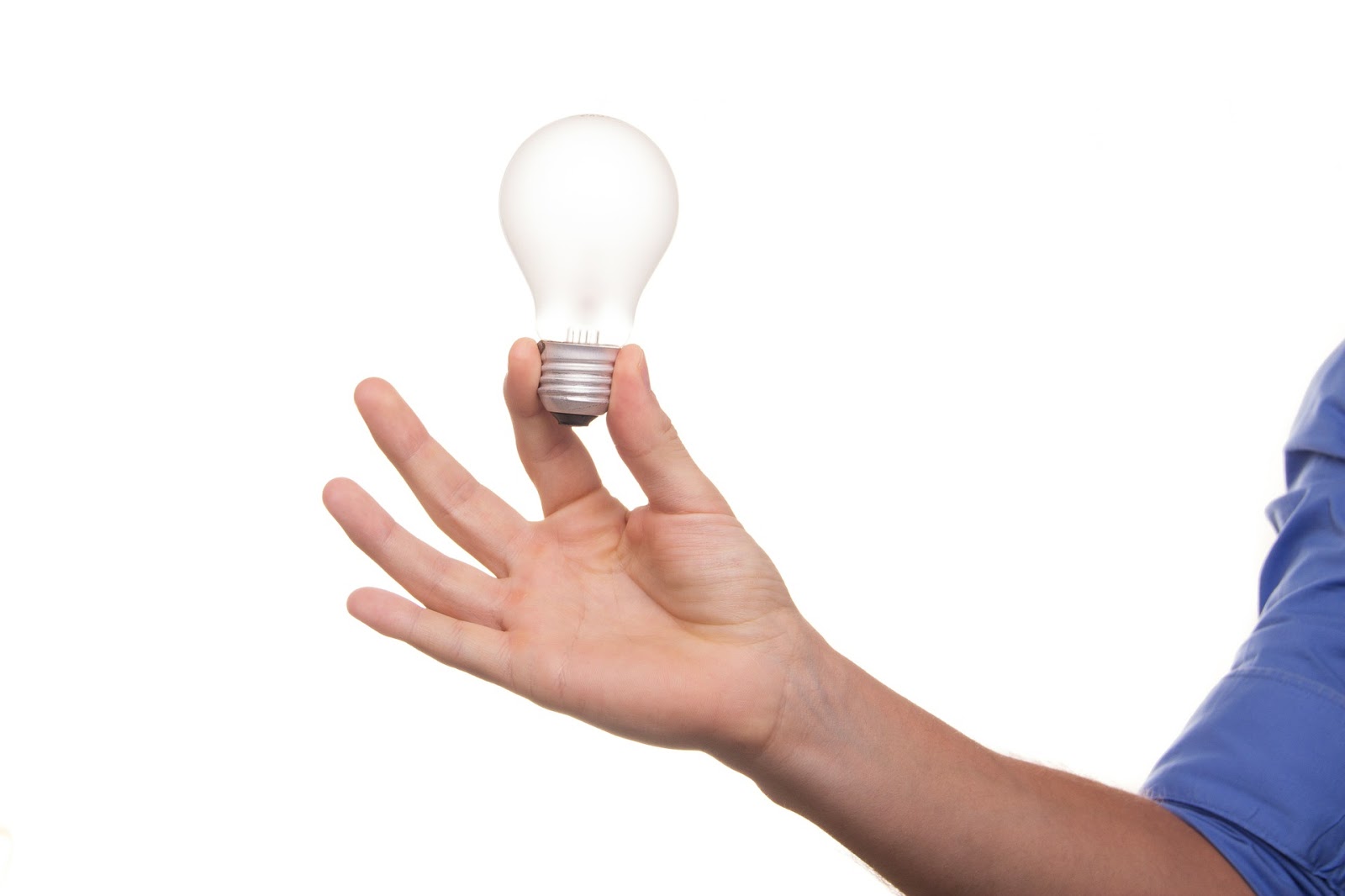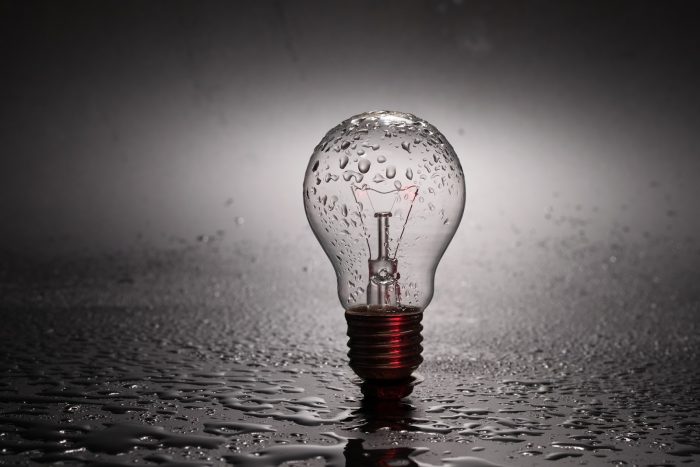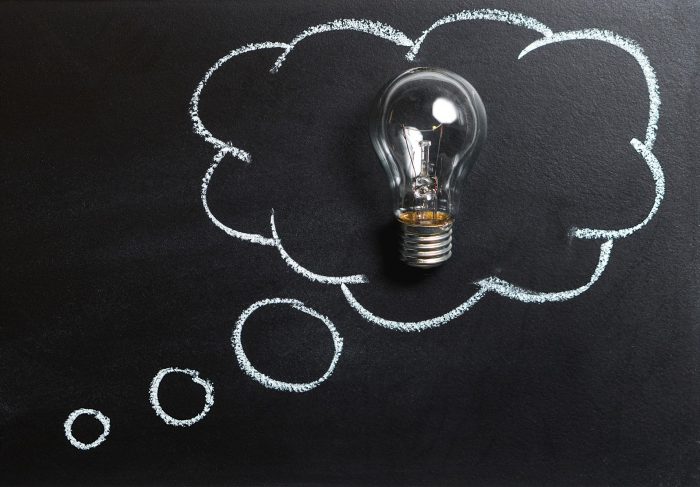
Are Pay-on-Time Energy Bill Discounts Helpful?
September 25, 2018When it comes to choosing an electricity supplier, everyone wants to get the best deal possible. But when it comes to energy plan discounts offered by some energy retailers, are they a good deal or are they a deal that’s too good to be true?
Pay-on-time Discounts – Are They a Good Way to Reduce Your Energy Costs?
If you’ve recently compared energy plans, you’ve probably spotted that some gas and electricity retailers will give you a pay-on-time discount. This type of offer is only available if you promise to always pay your energy bill on time, in full, and don’t let any arrears accrue on your account. If you agree, the energy retailer will reward you, up front, with a wedge of money off your bill. But is it really a substantial amount? When looking at current energy retailer offers, it appears that on average, a pay-on-time discount offers less than 20 percent off your electricity bill.
Sure, this sounds like a large chunk, but actually, it doesn’t seem to make much difference. 57 percent of all Aussie households admit that these pay-on-time discounts haven’t helped them at all in paying the rising costs of electricity consumption¹.
So why is it that energy discounts don’t really seem to help lower these rising costs? Well, this is where it all gets a bit… ambiguous and most certainly confusing.
The Murky Waters of Electricity Discounts

Source: Alberto Sanchez
Always Check the Fine Print
Despite the government calling for energy companies to make their offers clearer, this still hasn’t happened. In 2017, for example, the ACCC revealed that one electricity retailer was selling plans with “discounts” on artificially inflated prices². Meaning that customers weren’t actually making any savings at all. In fact, many were paying hundreds of dollars more than they should have done for their electricity.
The energy company argued that this was all written in their fine print and that they had done nothing wrong. So, the moral of the story is, don’t get sucked in with large discount rates, and always check the small print on your contract!
Check What Charges the Discounts are Being Applied To
There are two main types of energy bill discounts. These are usage charge and whole-bill discounts. Usage charges refer to how much power you’ve actually used. For many, this makes up the largest part of their electricity bill. Supply or service charges are incurred every day simply for being connected to the national electricity grid. They’re fixed rates of about $0.90 and apply regardless of how much electricity you use if any.
Whilst it’s common for discounts to be applied only to electricity usage charges, some apply to the entire bill. So check which charges your discounts are being applied to so you can work out if you’re actually going to save money. For example, just because a discount applies to your entire energy bill, doesn’t necessarily mean you’re getting an amazing deal. A 20 percent discount on usage charges could actually be lower overall than a 5 percent discount on an entire energy bill.

Source: Tero Vesalainen
So What Does This Mean for Consumers?
Discounts alone won’t help you reduce your electricity bill. You have to combine them with other things to lower your energy costs.
In the end, you have to look at a combination of things to make sure you’re reducing your annual spend on electricity. Firstly, look at both an energy company’s underlying rates and their discount offers. From both of these, you’ll be able to work out which tariff is best for you and which discounts to opt for, if any.
Secondly, if you can be bothered, read the electricity retailer’s fine print. This way you can work out if the deal you’re getting is too good to be true, and if it isn’t, you can see when your discounts expire. Then you know when you can approach your electricity supplier for a new discount.
Finally, be careful with your electricity usage. The more appliances you can turn off during the day and use later at night when usage costs are cheaper the better, and will help you get your energy bill down.
